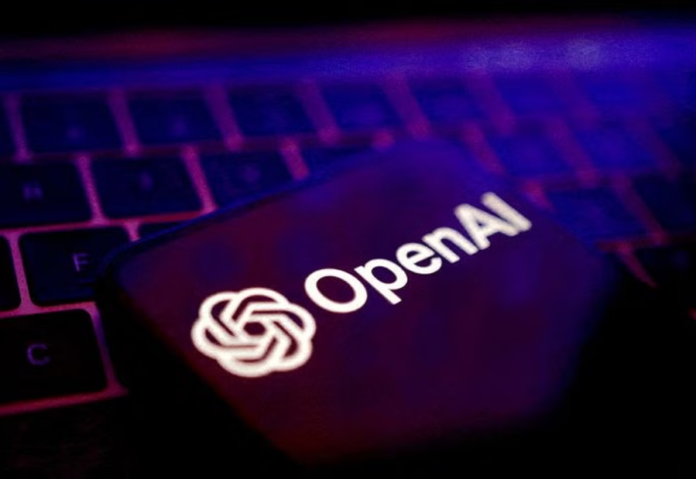The sudden passing of Suchir Balaji, a former OpenAI researcher, has brought a haunting clarity to a social media post he shared just weeks before his death. At 26, Balaji was found dead in his San Francisco home, and his final message—once a quiet note among tech circles—has now gone viral, reigniting critical discussions about the ethical and legal implications of AI.
Balaji was instrumental in developing ChatGPT, one of the most groundbreaking technologies of our time, but his journey was far from that of a typical tech enthusiast. After working at OpenAI for four years, he was at the forefront of the data that powered the AI chatbot, yet his growing concerns about the technology’s moral implications led him to a startling shift. From a passionate advocate of AI’s potential, Balaji transitioned into a vocal critic, particularly after ChatGPT’s release in late 2022.
Initially, he believed that OpenAI and similar tech companies had the right to use vast amounts of online data to train their AI models. However, as he witnessed the rise of generative AI, his stance changed. Balaji became increasingly alarmed by the legal and ethical issues surrounding the use of copyrighted material in AI training, especially as the technology began to produce content that could directly compete with the original creators. In his farewell post on X (formerly Twitter), he expressed his doubts about the legal defense of “fair use” for AI-generated products. “Fair use seems like a pretty implausible defense for a lot of generative AI products,” he wrote, “for the basic reason that they can create substitutes that compete with the data they’re trained on.”
What began as a lack of understanding of copyright law soon became an urgent concern for Balaji. His exposure to numerous lawsuits filed against AI companies sparked his interest in the complexities of intellectual property in the age of generative AI. In a blog post, he urged the tech community to dive deeper into these issues, writing, “I was at OpenAI for nearly 4 years and worked on ChatGPT for the last 1.5 of them…I initially didn’t know much about copyright, fair use, etc., but became curious after seeing all the lawsuits filed against GenAI companies.” His message was clear: the problem of fair use in AI was bigger than any one company or product—it required a broad, industry-wide conversation.
Balaji’s insights are particularly poignant not just because of his role in shaping one of the most revolutionary technologies of today, but because of the deeper implications he foresaw. With AI models like ChatGPT able to replicate and replace original content, questions are emerging about the future of creativity and the livelihoods of those who create it. Balaji warned that as generative AI evolves, the very foundation of intellectual property could be threatened, leaving creators vulnerable.
In the wake of his passing, his final thoughts have taken on an even greater significance. What once may have seemed like a niche concern for tech insiders has now become a pressing issue for society as a whole. Balaji’s parting words have sparked renewed debates about copyright, ethics, and the future of creativity in a world increasingly dominated by AI. His untimely death serves as a reminder that these conversations are more urgent than ever—and that thoughtful, informed discussions on the intersection of technology and intellectual property must guide the future of AI development.
Also read: Viksit Workforce for a Viksit Bharat
Do Follow: The Mainstream formerly known as CIO News LinkedIn Account | The Mainstream formerly known as CIO News Facebook | The Mainstream formerly known as CIO News Youtube | The Mainstream formerly known as CIO News Twitter
About us:
The Mainstream formerly known as CIO News is the premier platform dedicated to delivering the latest news, updates, and insights from the CIO industry. As a trusted source in the technology and IT sector, we provide a comprehensive resource for executives and professionals seeking to stay informed and ahead of the curve. With a focus on cutting-edge developments and trends, The Mainstream formerly known as CIO News serves as your go-to destination for staying abreast of the rapidly evolving landscape of technology and IT. Founded in June 2020, The Mainstream formerly known as CIO News has rapidly evolved with ambitious growth plans to expand globally, targeting markets in the Middle East & Africa, ASEAN, USA, and the UK






